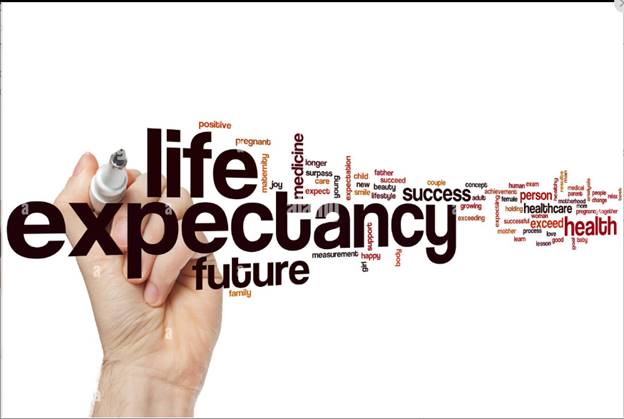Unfortunately, according to the United Nations (2023), Nigeria ranks second only to Chad among nations with the lowest Life Expectancy on the planet, with an average of 53.87 years.
Life expectancy is the average number of years that a person of a given age or age group may be expected to live (Danjin et al., 2018).
Politics is the study of societal decision-making and power distribution. Politics’ primary goal is to organize societies into functional economic and social entities, with a primary emphasis on the protection of life and property rights.
Whereas, public health refers to society’s efforts to improve population health and avoid disease (Nuffield Council on Bioethics, 2007).
Public health and politics lay more emphasis on the social determinant of health which is known as the circumstances in which a person is born, grow, work, exist, and age, as well as the larger set of influences and processes that shape daily life (WHO, 2016).
Currently, the life expectancy in Nigeria has shown to be low because of the way we work, live, and age. Furthermore, the prevailing threats to life as a result of widespread insecurities, health emergencies, poverty, poor healthcare, and climate crisis are the major contributors.
SDG 3’s or Global Goal 3’s main goal is to “ensure healthy lives and promote well-being for all at all ages.” To track progress toward the Goal, there are 13 targets and 28 indicators.
Instructively, the first nine targets are outcome targets, which include: reducing maternal mortality; ending all preventable deaths in children under the age of five; combating communicable diseases; ensuring reduced mortality from noncommunicable diseases and promoting mental health; preventing and treating substance abuse; reducing road injuries and deaths; granting universal access to sexual and reproductive health care, family planning, and education; achieving universal health coverage; and redistribution of resources.
Read also:
- Healthy Sense Founder bags degree from Birmingham City University
- Health Benefits Of Restructuring Nigeria: The Greatest Gift Of 2018 (Healthy Sense with Chris Chukwu)
We can only improve our life expectancy by electing the right leaders. A leader with competence, capacity, character, and compassion. Leaders who are capable of making informed decisions and policies as well as the willpower to effect positive change.
Change, according to the Harvard Business Review, interferes with autonomy and can give people the impression that they have lost control of their territory. A perfect example is the current situation with our democracy where a third force has emerged to challenge the status quo.
I wish to use this medium to urge all well-meaning Nigerians to keep pushing for a healthy country where we can live longer and happier.
My name is Chris Chukwu, I just want to make healthy sense
Written by Christopher Chukwu BMLS, MPH











